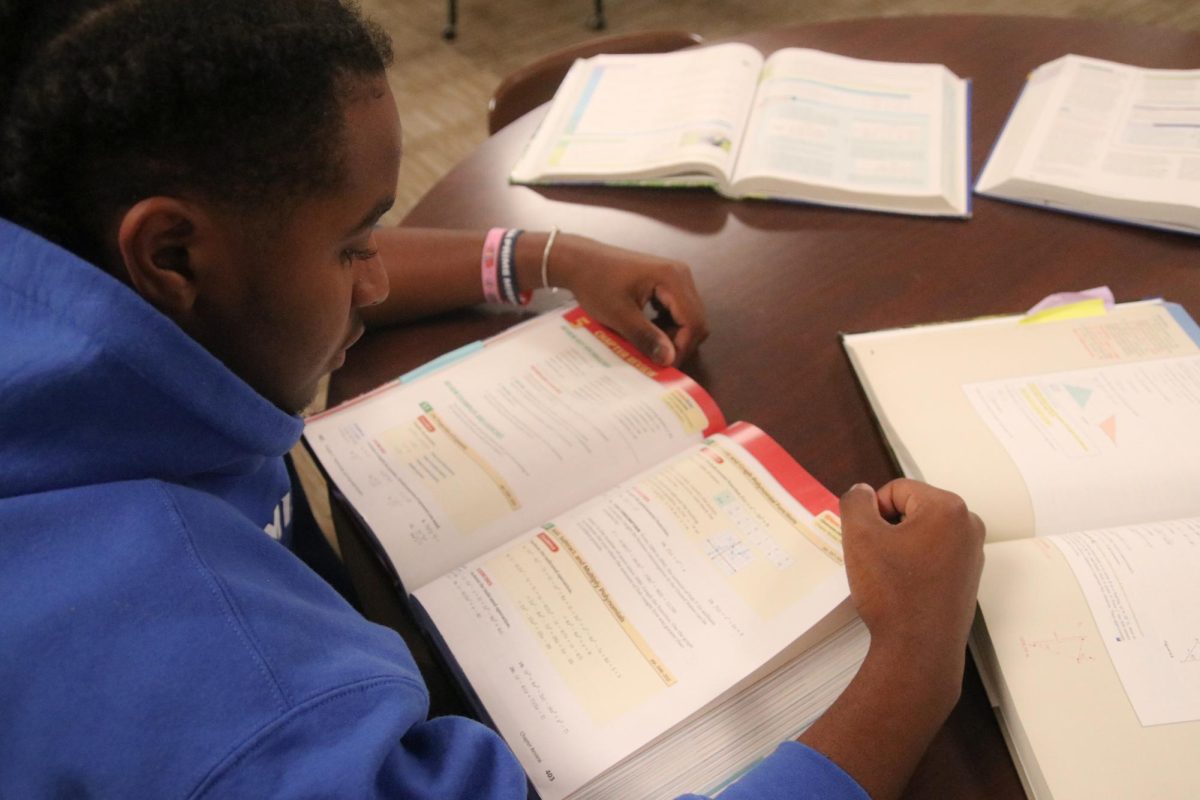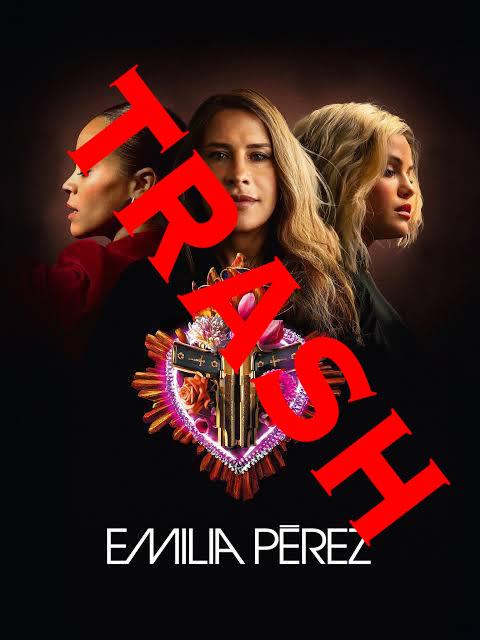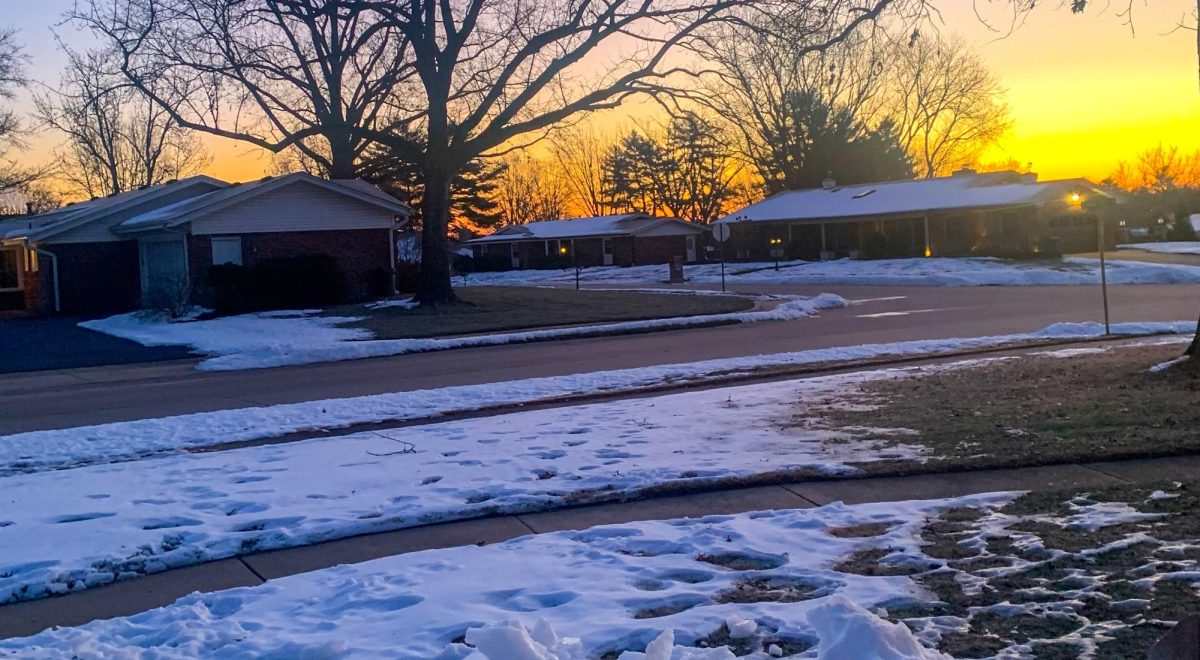In March of 2020, the world shut down. It was a time marked by uncertainty, fear, and immense challenges. Everyone reading this article remembers where they were, how they were affected, and what the following 6 months looked like. Whether you were a student, teacher, or parent at Westminster, you were in all likelihood relegated to the comfort, or annoyance, of your own home, forced to sit through Zoom calls in only a t-shirt, and estranged from your friends and family, at least physically. COVID was what many would call a ‘disruptor.’ It disrupted any sense of normalcy, routine, or monotony of life. It disrupted school and work schedules, sports seasons, career advancement, and many other things. The toll it took on lives and livelihoods cannot be overstated. Robert Heinlein, a famous American writer, once said “A generation which ignores history has no past – and no future.” In all the horror that came along with COVID, I believe there was also a stark learning opportunity – an opportunity that Westminster, like many institutions, struggled to fully seize.
Fast forward to August of 2020, when Westminster cautiously reopened its door under a shortened schedule. Despite the challenges, many members of the Westminster community found themselves surprisingly adaptable, even thriving, within this new framework. In 2 hours less time, many members of the Westminster community would tell you, we were somehow more efficient, more adaptable, better. Then, in August of 2021, after a full school year of this new schedule, despite immense pushback, we returned to our previous schedule. Everything we learned, thrown out the door in the name of ‘returning to normal’ and ‘keeping tradition.’
On a different, but similar note, in November of 2022, San Francisco-based company OpenAI released its first-ever large language model: ChatGPT. Then the education world freaked out. How, they asked, will students ever learn how to write papers if an AI can do it for them? You’ve probably heard one of your English teachers snarkly say “Well I guess we’ll just have to go back to pen and paper then.”
Sure, ChatGPT and other AI models can be used to cheat. They can write essays, edit papers, copy homework, and so many other things. And, no, teachers, as much as you think you know when your students use it, you don’t. Between re-wording, running it through Google Translate in a million languages then back to English, and recruiting the help of any number of ‘was this written by AI?’ sites, there are dozens of different ways to not get caught. Might I suggest that instead of dismissing AI in the name of academic integrity and tradition, we instead use it for good in the world of education?
No, I’m not suggesting that we all of a sudden let our students cheat. That said, AI is another huge ‘disruptor’ in the world of education, just as COVID was. Now, a few years after the pandemic ravaged our country and education system, we see the good that could have come out of it if we had been more open-minded and willing to change. I bet that a majority of the teachers and students reading this article enjoyed, if not preferred, the school schedule we had in 2021-2022. That was an opportunity to change for good – we wasted it. AI, in a sense, is the same. It burst onto the scene, seemingly out of nowhere, bringing ill effects. COVID-19 did the same. At first glance, the change it’s going to bring in education seems terrible. The pandemic was the same. And just like COVID, I believe that if we let it, AI can, and will, have a positive impact on the educational system and community. The big IF there is “will we let it?” Will we dismiss all the potential positive effects and waste a fantastic opportunity like we did with the pandemic, or will we take advantage? Will we refuse to let students type papers on the off chance that they are copying their work from somewhere, or will we encourage the use of AI to generate ideas and help expand the horizons of knowledge? In reality, it’s our choice. Will we make the right one?









